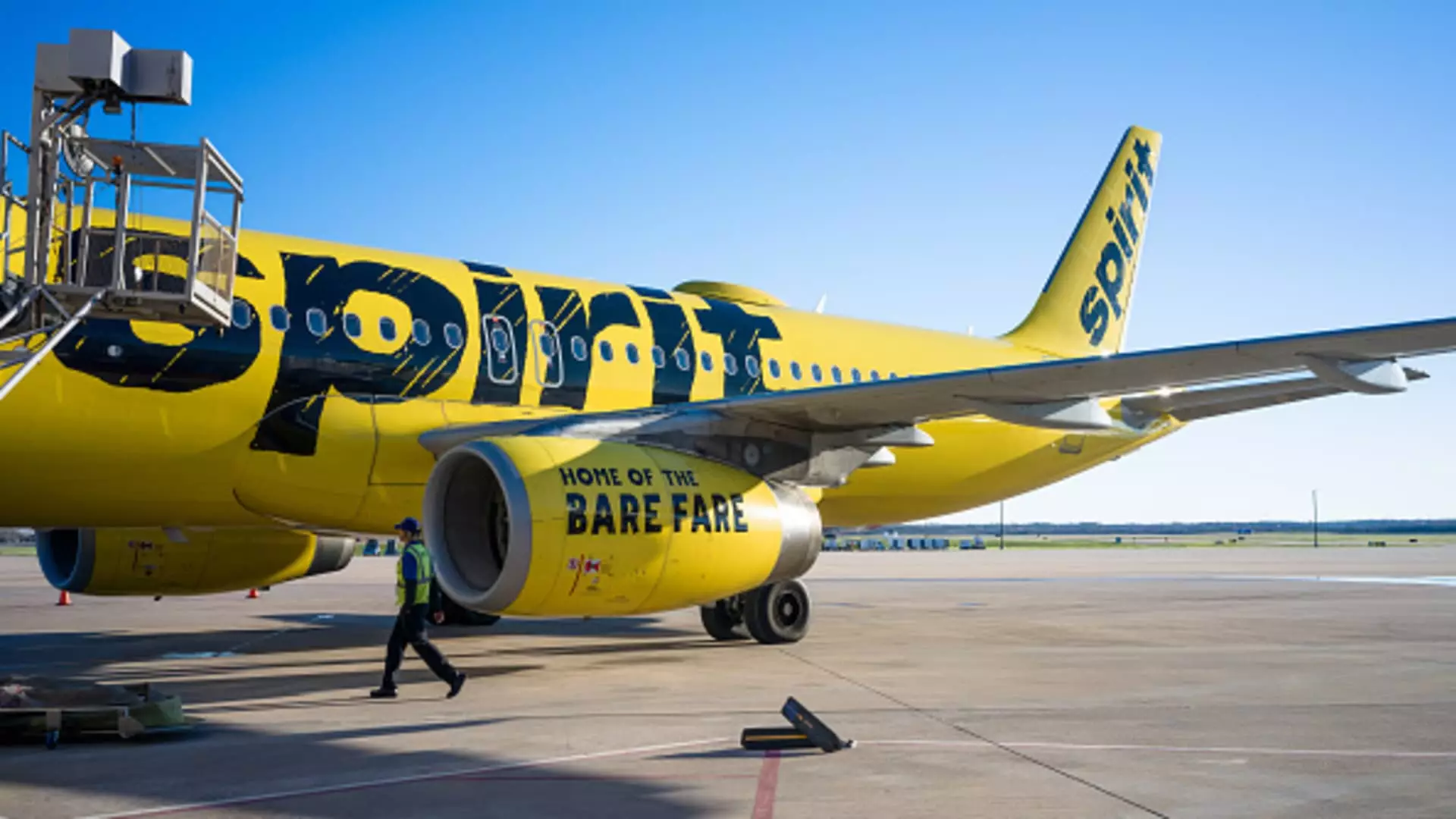Spirit Airlines, led by CEO Ted Christie, is facing significant financial challenges in the wake of a failed takeover by JetBlue Airways. The budget airline is grappling with issues related to shifting travel demand, heightened competition in the U.S. market, and an engine recall that resulted in the grounding of several Airbus planes. S&P Global Ratings recently downgraded Spirit, casting doubt on its ability to refinance its substantial debts, including a $1.1 billion bond due in 2025 and a $500 million convertible note due in 2026.
Despite these setbacks, Christie has expressed optimism about the company’s future and reiterated that the airline is not considering filing for Chapter 11 bankruptcy at this time. He highlighted the company’s commitment to executing its stand-alone plan following the termination of the merger agreement with JetBlue. Christie’s statement, made during an annual shareholder meeting, underscored the importance of remaining focused on the path ahead amid challenging circumstances.
In response to its financial struggles, Spirit Airlines has implemented a series of operational changes aimed at cost savings and revenue generation. These measures include deferring Airbus deliveries, engaging in sale-leaseback transactions, and revamping its business model to eliminate most flight-change fees while incorporating bundled perks. Additionally, the airline has revised its policies related to flight credits and baggage allowances to better meet customer needs and drive ticket sales in a competitive market environment.
Spirit Airlines’ stock has experienced a sharp decline, with shares falling more than 77% since the beginning of the year. This drop reflects investor concerns about the company’s financial outlook and its ability to navigate the challenges facing the airline industry. The departure of the company’s finance chief to join Hertz as CFO further signals the turbulence within Spirit’s management team and the need for effective leadership in addressing its financial obligations.
Spirit Airlines is confronting a series of challenges that require strategic decision-making and operational agility to overcome. The company’s ability to navigate the current environment will depend on its capacity to adapt to changing market dynamics, address its debt obligations, and maintain customer loyalty amid intense competition. As Spirit continues to refine its business strategy and implement cost-saving measures, the airline industry will be closely watching to see if it can emerge stronger from this period of uncertainty.


Leave a Reply